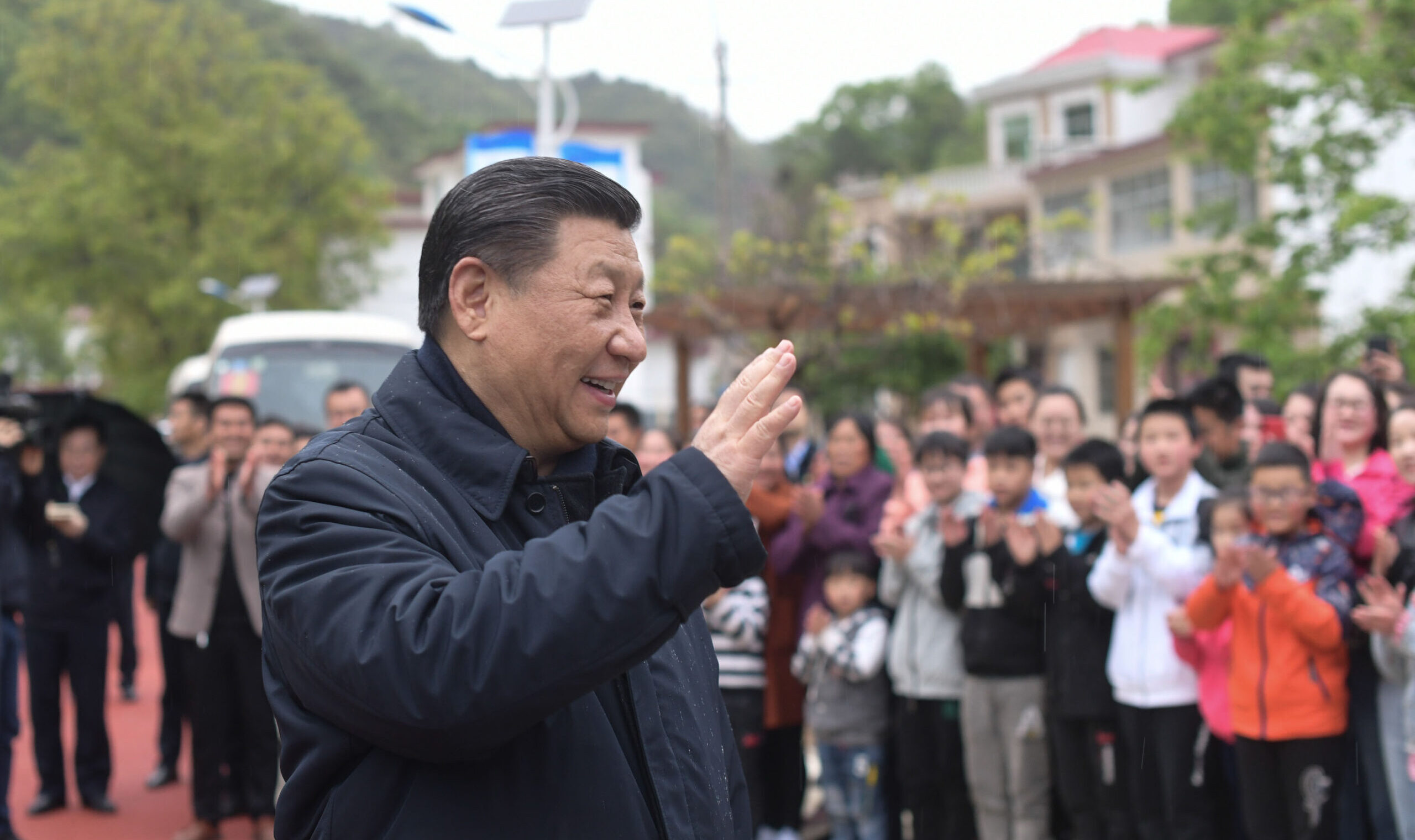
In the arena of great power rivalry, where arsenals are inventoried and economic output meticulously weighed, one domain remains undervalued yet quietly decisive: information.
Different states manage the flow of information differently. The United States, with its devotion to pluralism, prizes a cacophony of voices—free, unfiltered, and often discordant. China, by contrast, composes a coherent national message with the precision of a single baton, wielding a centralized propaganda apparatus not merely as a mouthpiece, but as a pillar of statecraft.
This is not merely a cultural divergence; it is a strategic asymmetry. While it may be tempting to cast this contrast in moral terms, policymakers must resist the comforts of ideological certainty. The ability to manage perception at scale shapes power itself. Realpolitik demands we recognize that before the clash of armies or the contest of markets, there is a quieter battlefield—one that conditions and partially determines the fate of the former contests.
In moments of geopolitical tension—be it tariff escalation or regional brinkmanship—Beijing’s informational cohesion acts as a force multiplier, enabling it to act with velocity and unanimity. Washington, meanwhile, must navigate a democratic din, where competing narratives dilute momentum and fracture resolve. The United States must begin to factor this asymmetry into its calculus. Decisions cannot be measured by economic or military rationale alone—they must be filtered through the structural realities of informational coherence and the political will it enables.
The truth is, even when strategies make perfect sense on paper—militarily calibrated or economically sound—they often falter if divorced from considerations of public reception. Take the tariff war, for example. Zoom in on the raw numbers, and the case seems airtight: The U.S. could inflict disproportionate pain on China by restricting access to its market. After all, it’s far easier to reroute supply chains than to repurpose an entire industrial ecosystem built around outbound trade (we should know this!). As interdependent as the relationship might be, if we forget about information, the U.S. seems able to punch hard. But strategy, like architecture, must rest on solid terrain—in this case, the ground of public opinion. And here, the unstable foundation is one that policy technocrats tend to overlook. America does have the tools to strike, but do we have the scaffolding to sustain such contests? Less so.
When push comes to shove, the Chinese government doesn’t flinch—it steers. How long did it take for the U.S. to unravel? Before the tariff truce, when China’s commerce ministry spokesperson told the world that “China will fight to the end if the U.S. side is bent on going down the wrong path,” a classmate of mine scoffed, reading the statement as a sign of hyper-ideological posturing. What he, and many dismiss, is that such a posture was incredibly logical. Even if China was set to economically suffer more, they knew that the U.S. was more likely to budge.
For the China-watchers who are obsessed over maritime maneuvers, this may not be quite perceptible. But for those who know about Xi Jinping’s ambitious securitization efforts, as well as the use of the propaganda machinery to temper reform under Deng Xiaoping, Jiang Zemin, and Hu Jintao, this all makes sense. Especially after the Tiananmen trauma, weiwen—“stability maintenance”—has been not just a slogan but a governing obsession. “Without a stable environment, we can accomplish nothing and may even lose what we have gained,” Deng told President George H.W. Bush in 1989.
As much as we may resist the thought, the uncomfortable reality is this: Even when facing less material pain, the United States is more likely to blink — because it lacks the narrative cohesion to endure. Acknowledging this isn’t defeatism; it’s realism. The real kind. For all the virtues of our political system—and they are many—invoking democratic ideals does little when the terrain shifts beneath us.
Just consider what this might mean militarily. We couldn’t sustain Vietnam once public opinion turned. And yet, many of today’s leaders speak with unwarranted confidence about weathering a protracted conflict over Taiwan. What’s needed now isn’t bravado, but calm reflection. What we can do to reduce the cohesion/information gap should command as much attention, if not more, than fighter jets.
When I asked about the challenge China’s propaganda system poses to U.S. policy formulation, Missouri Sen. Eric Schmitt—arguably the most vocal proponent of an America First foreign policy—brushed off the concern. “I think they are very vulnerable, actually,” he told me after stepping off stage at POLITICO’s Security Summit. “Forty percent of the world’s consumers live in the United States. Their entire economy is based on selling to us. We’ve got a lot of leverage.” Schmitt continued, “They’re worried. You’ve seen protests in the streets, youth unemployment is high—I actually think President Trump is doing the right thing.”
Texas Rep. Michael McCaul, the hawkish Chairman Emeritus of the House Foreign Affairs Committee, struck a similar tone. In response to the same question, he said, “The tariffs are going to open more markets in China. If they’re a stick for better behavior, to deescalate tensions, that’d be a good thing. I’m not totally optimistic that’ll happen, given Xi’s ambitions.” He added,
“I do think he looks at Ukraine—and that it hasn’t gone so well for Putin—and that factors in. But they have a long-term plan, and it’s very clear to me what that is. We need to provide deterrence in the Indo-Pacific, especially through the AUKUS program…”
We’ve heard some of that before. Although I completely understand why these answers would be given to a journo, we should hope this isn’t all our leaders are thinking about—maybe the tone changes in the SCIF room?
Subscribe Today
Get daily emails in your inbox
As America Firsters rightly search for measures to better compete with China, we should take a high dose of prudence. As it stands, China’s elites know us better than we know them. Alexis de Tocqueville and Edmund Burke, for instance, are widely read by senior CCP cadres. Our leaders, on the other hand, may (or may not) be able to recite a Sun Tzu quote or two.
Whenever someone dares to say there’s something to learn from China—or, heaven forbid, expresses a glimmer of intellectual respect—some will cry “China sympathizer.” Ignore them. That happened to Henry Kissinger too, and he was no fool. The U.S. shouldn’t abandon its commitments to free speech and open debate. But if America wants to stay strong, we must shed the arrogance that has long dulled our strategic edge.
Knowing our adversary isn’t appeasement. Caution isn’t cowardice. We are stumbling blind into a contest we claim to be ready for. And China may be more ready than many assume.

